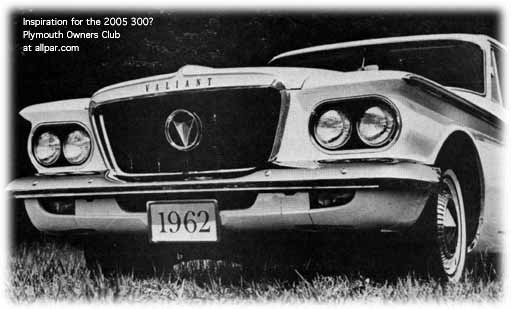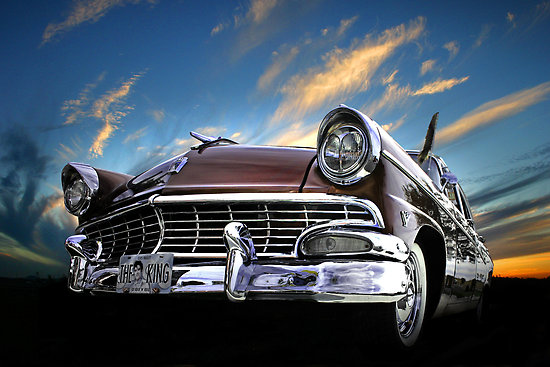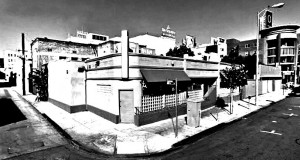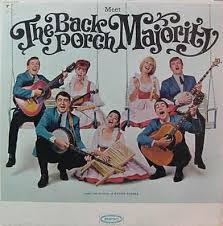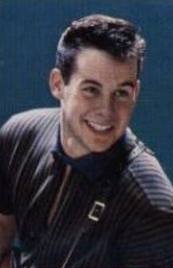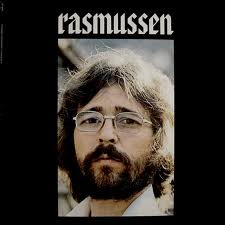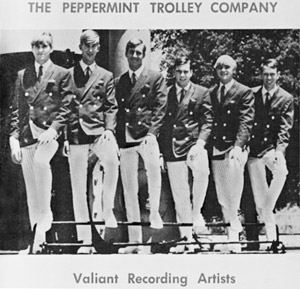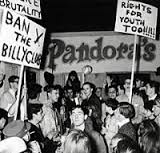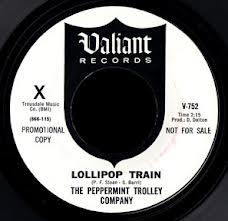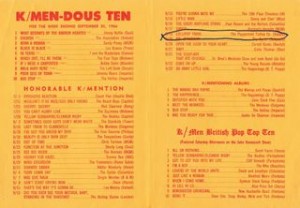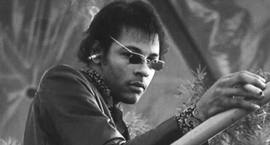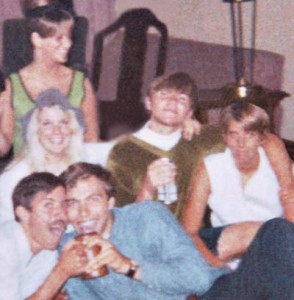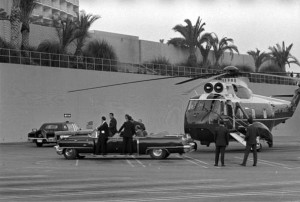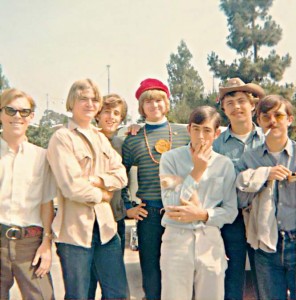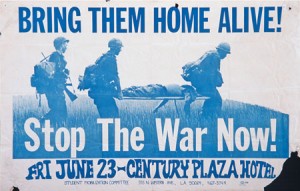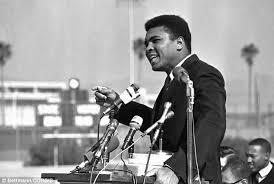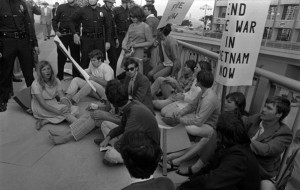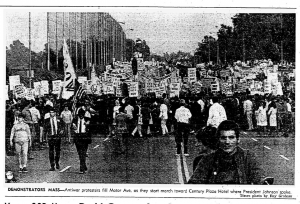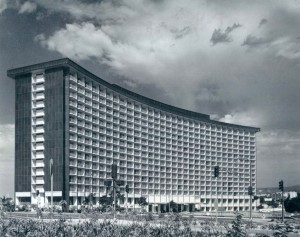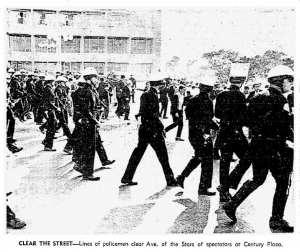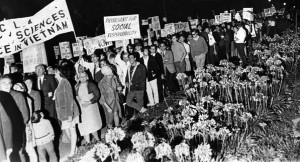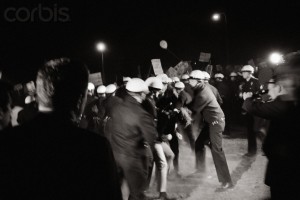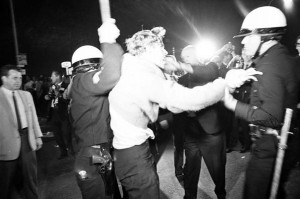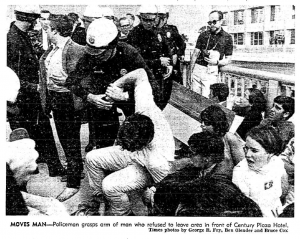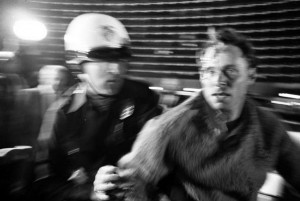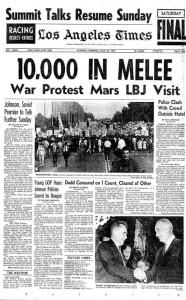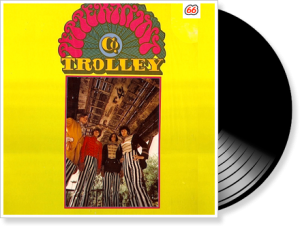Wheels
September 27, 2013 in Happenings, Thoughts, Uncategorized
It’s the summer of 1962. Fifteen-year-old Danny sets off on an excursion accompanied by two other boys and a Driver’s Ed. instructor. During the course of this brief trip he makes an unexpected human connection, and finds inspiration in a song. California car culture, baseball, rock and roll, and teen-age tragedy all intertwine in this coming-of-age story.
Stealing Second
The July sun was climbing to its zenith, as the ’62 Valiant headed southeast through the low rolling hills toward the desert on old Highway 99. I could feel the heat in my nostrils as I breathed in the new car smell. My madras shirt was already soaked with sweat, and my back was sticking like adhesive tape to the vinyl seat cover. I leaned forward, peeling away from the back seat, and cranked the window open a crack. I felt instant relief as a flood of air rushed down to cool my spine. This was my second summer spent in the relentless inland heat. I was growing accustomed to it. My family had relocated from the California city of Long Beach to the inland town of Redlands, and the cool breezes of the coast were becoming a distant memory.
In front of me sat Mr. Hoppe, the Driver’s Ed. instructor. Thirty-ish and handsome (I thought he looked a bit like the actor, Cornell Wilde), the congenial Mr. H. was considered one of the cooler English teachers. We’d really lucked out. We could have been teamed up with Coach Baird… “Big Bad Baird”, the former Marine sergeant.
“Well done Ted.” Hoppe said, adjusting his sunglasses. “Pull over, and let’s give Billy a shot.”
Ted looked carefully over his right shoulder, flipped the blinker, and, began to maneuver the car to the right lane. He down-shifted the column stick to second gear, but his timing with the clutch was slightly off, and the metal teeth scraped.
“Hey! Grind me off a pound!” Mr. Hoppe chuckled. We all laughed. This was our group’s little running joke.
I’d already had my turn behind the wheel, negotiating the vehicle through the sleepy streets of Redlands and out on to the highway. Not a perfect run, but no white knuckle moments, either. Once on the road I’d begun to relax my grip on the wheel and enjoy the sensation of moving through the landscape under a bright open sky.
The three of us were about fifteen, and going in to high school. Learning to drive was definitely a high priority, and the high school Driver’s Ed. classrooms were filled to capacity with girls in summer dresses and boys in white Levis and cotton plaid shirts – all eager to learn. It was a rite of passage. Each of us knew that on our sixteenth birthday we would be taking the test and getting our license. Driving meant freedom and a bigger world in which to play. There was also a strong sexual component. I fantasized about parking with a girl somewhere under the stars…making out…maybe more. At the moment, my girlfriend and I were still on first base, but there was this irrepressible urge to steal second.
We stopped along the shoulder, and the boys swapped places. Billy was shorter, so he needed to adjust the mirror down a little. I could see his face reflected in the rear view. His light green eyes contrasted strikingly with his olive complexion and dark hair, and gave the impression of an inner intensity. Ted and I were casual friends. He was a drummer, and we’d played in the band together. I didn’t know Billy that well. He’d only just moved to town about six months prior. He was a quiet kid, but he seemed completely comfortable behind the wheel. He started up the car with a calm authority and wasted no time getting back on the road, steadily accelerating until the speedometer clocked at 65. He eyeballed the meter and threw a quick glance at the teacher, who kept looking straight ahead.
“Smoothly done. Keep it right there.”
The Valiant’s Slant Six engine purred steadily; the white lines scrolling quickly by.
Hoppe began making conversation as if to avoid any awkward silence.
“Did anyone catch the Dodger game last night?”
This question opened a gate to a small wave of conversation. I loved baseball, and the night before I’d sat on the porch with my dad, listening to the game. The smell of my father’s cigar and the comforting lilt of Vin Scully’s voice calling the play-by-play always seemed to epitomize a summer evening. Word was… the rival Giants had watered down the first base side of the infield at Candlestick Park in hopes of slowing down Dodger shortstop, Maury Wills. The wily and speedy Wills was on fire. His base stealing ability was bringing energy and excitement to the game. The whole car agreed it was an unsportsmanlike and a dirty prank for the Giants to pull. The words “chicken shit” came to my mind, though I didn’t speak them. Our Dodgers had won the game, and we were sure they would go on to take the pennant. “Take that San Francisco!”
After this brief spike, the conversation again subsided, trickling back into silence. I knew some boys who could converse with an adult on an almost equal footing. I was not one of them, and neither were Billy and Ted.. Mr. Hoppe always did his best, though, to keep a pleasant conversation going, asking questions about what was happening in our lives, talking about sports, or whatever else came to mind. He genuinely wanted to make our little outings a fun experience.
We’d gone about fifteen miles, when Mr. H. said “Hey, You guys thirsty? Let’s stop and get cokes. It’s on me. There’s a burger joint right up ahead.” Turning his head toward Billy he said “Hang a right at the next turn off.”
Billy made the turn, but hadn’t braked early enough, and the car swung into the drive with a little too much torque. We were jostled to the left in our seats and the Valiant bounced as it entered the lot.
“Easy does it!”
The rubber tires met the gravel, making a loud satisfying sound, both slippery and crunchy, as we coasted to a parking spot.
We got out and stretched our backs. I was struck by how quiet it was. Looking around, my first thought was “Man, this is nowhere!” The restaurant was a white stucco, backwards ‘L’ – shaped structure. An arcade, supported by wooden posts, ran its length. The waist high windows were cranked open; their green painted frames peeling in the dry air. In red, above the arcade appeared the name “The Ranch Stop”. The green Seven-Up sign on the door looked vintage 1940’s.
It was surprisingly cooler inside. Several standing fans were humming, constantly moving the air. We ordered our drinks from the service counter, and walked to the right, turning left into the rectangular dining area. I took note of the red and yellow juke box which sat in the angle. The room was set with picnic style wooden tables and benches. There were a dozen or so people sitting and eating. We found a spot on the window side and settled in, straws in mouth and paper cups in hand. Flies buzzed in the window screen.
The Fat Man and the Kid
The conversation flitted about and eventually settled on automobiles: the new line of Fords and Chevys in particular. “I think the Galaxy is an outstanding car for the price.” Mr. H. was saying. Although I was excited by the thought of driving and all that came with it, cars in and of themselves held little intrinsic interest for me, and I began to tune out and focus on the sounds now emanating from the juke box behind me. I recognized the singer immediately – the one and only Fats Domino. My brothers and I had bought his singles back in the Fifties and had literally worn out the grooves. The Fat Man’s voice was full bodied masculinity combined with a playful tenderness … and sweet as honey. The New Orleans piano, and driving rhythm section, made me want to jump up out of my seat and start dancing. “How could anyone sit still and not zero in on the music?” I thought. The song was “My Girl, Josephine”, one of my favorites. The heroine’s French name alone conjured up a Creole world in my mind and I was transported from the California desert to the Louisiana Bayou.
 “Hello, Josephine, How do you do?
“Hello, Josephine, How do you do?
Do you remember me, Baby, like I remember you…”
The record ended, but twenty seconds or so later, it started up again. I turned my head to see who was playing the song. In front of the Wurlitzer stood a boy who was probably a year or two older than me. Tall and thin, he was wearing a black bowling shirt with silver trim, blue Levis, white socks and black leather shoes with pointed toes. His dark brown hair was greased into a jellyroll, and a black comb was visible in his right back pocket. Two or three years earlier he would have been considered the height of cool, the picture of teen-age rebel chic. It was a style popularized in the mainstream by James Dean and Elvis Presley. But times had changed …. The surfer look was on the rise. It was as if teen fashion had emerged from the dark alley and into the California sunshine, leaving this kid hopelessly out of style. More than that…. Although adults had long associated the image with juvenile delinquents and switch blade knives, young people were now turned off by it, as well, but for reasons that had more to do with class snobbery than fear.
Boys like this are not college bound. They fill the auto shop classes, join car clubs, get in to trouble, settle for jobs pumping gas, and ultimately wake up one morning and, seeing their future as a dead end street, march themselves to the nearest Navy recruitment center, signing up to “see the world”. The kid is low class… a greaser… a loser.
He planted his palms on either side of the juke box, and leaned in, as if to get the sound resonating in his chest. Closing his eyes, he began to sing along…
“You used to live over yonder by the railroad track.
When it rained you wouldn’t walk. I used to tote you on my back”
I was surprised. The kid was good. He knew the whole song, all the words, all the phrasing, his voice was on pitch, and he put a lot of feeling into it.
When the tune ended, he took a pack of Winston’s out of his shirt pocket, tapped out a cigarette, and lit up, pausing in thought as he took a deep drag. Then, with cigarette dangling out of the corner of his mouth, and eyes squinting, he pushed the buttons. I could see the record being pulled out from the stack. I recognized the black labeled Imperial 45. The disc was slapped on the turn table. Needle met groove, and the song started up again. He sang along in full voice, and after the first chorus, began to shuffle his feet from side to side, and snap his fingers, as he backed away from the juke box. He wasn’t performing for anyone. The kid was in his own world. He inhabited the song. I wondered if he had a particular girl in mind, his Josephine; someone he was yearning for…
 “I used to walk you home; I used to hold your hand
“I used to walk you home; I used to hold your hand
“You used to use my umbrella every time it rained…”
“You gentlemen ready to hit the road?” Mr. Hoppe’s voice snapped me out of my dreamlike state.
As we filed out the door I could hear the song playing yet another time.
Mr. H. put on his sunglasses and, looking at Billy, said “I know you’ll study hard, and get that dream car you talked so passionately about.”
I‘d been oblivious to their conversation, and I realized that they’d probably not even noticed what had unfolded at the juke box.
I started up the car, turning left at the drive-way; back toward home. Shifting into second, the gears scraped a touch. “Hey, grind me off a pound!” I laughed along with my passengers, but in my mind I was singing along with Fats and the kid.
A Sharp Turn
The following May, on my sixteenth birthday, I took the test and gained the much prized California Driver’s License. I now had third dibbs on the family wheels, behind my Dad and my older brother, Johnny. Through the summer of ’63 I felt high on the freedom of zipping around town in the sleek silver toned ’59 El Camino with the cool ‘V’ shaped wings in the back, or even lumbering through traffic in the green ’58 Plymouth station wagon with the gaudy vertical fins. It felt cool to be the one driving when my buddies and I would pull into the Burger Bar parking lot. I still drew inspiration from the memory of the kid at the juke box, and would take breezy drives out through the San Timeteo Canyon, singing at the top of my lungs.
Indeed, there were a few passionate moments spent under the stars, the windows steaming up… and, yes, stealing second base. However, it seems I was destined to graduate with my virginity still intact: at the time I considered it a dubious honor for an eighteen-year-old male, and one I was not eager to brag about.
As for my two Drivers Ed. mates; Ted and I played a couple of gigs together. We were also in some of the same classes, and remained acquainted. I never really got to know Billy very well, although we would talk on occasion. In our junior year, I was surprised to see him playing bass guitar in a surf band at a Friday night stomp. The bass looked huge on him, but he plucked the strings aggressively, if not lyrically, and I found myself yelling “Go, Billy” when he played a two bar cadenza.
The fall after graduation, during Thanksgiving break from college, my brother, Jimmy, dropped the local newspaper in front of me as I sat at the kitchen table. “You’d better take a look.” I unfolded the paper. There on the bottom half appeared Billy’s senior picture. Never a good sign. My heart sank as I read the short article. He’d apparently been speeding in the foothills. He’d taken a curve too fast, too aggressively, and had sailed over the edge, the car rolling down the slope. He’d been killed instantly.
My throat dropped to my stomach. I imagined the horror he must have felt as he lost control of his Corvette (The one his folks had bought him upon his graduating); the panic of feeling the forces pulling him to the right, skidding away from the safety of the highway; too late to take back the reckless choice he’d made. As the car became airborne, was there a millisecond of acceptance … of resignation to his fate? Was there a realization that the white lines would continue on, but his road was destined to end “right here and right now”?
I dream at night of being constantly on the road… in a car, on a bike… running, trying desperately to get somewhere, but never arriving. I dream of searching for something, but never finding it. “What?” I wonder. Perhaps I yearn to get back home. But what is “home”? It occurs to me that we are all wheeling down a highway that stretches through our own desert landscape – some of us in donkey carts, some of us in Cadillacs – each of us a small speck under a vast sky. Sometimes we pull off the road and are surprised by our connecting with another, finding inspiration, having an epiphany. Mostly we play it safe, following the white lines as they stream by.
Decades later I think back on that seemingly insignificant little road trip, and realize that it’s a memory that triggers multiple layers of thought and emotion. Like the hub of a spoke wheel, it connects with the whole. As the moment circles back around in my mind, I feel it, see it, hear it all again… The wheel rolls, the car glides down the highway, the record spins on the juke box, and so many issues get stirred: growing up; sexual awakening; the smell of freedom; class distinctions; the transcendent power of music; the inevitability of death. I remember swinging vainly at the curve-balls life threw me. I think of the kid at the juke box, who was singing his heart out in the middle of nowhere, and I wonder what became of him. I ponder Billy’s death. Cut short at eighteen, never to experience a career, a cause, marriage, children… all those things that bring us joy and bring us tears. The road had rolled on, events and cultural touchstones had flipped by: Sgt. Peppers, the Summer of Love, Vietnam, the draft, the assassinations of Martin Luther King and Bobby Kennedy, Watergate, punk rock, disco…
I remember my speeding around canyon curves, and wonder – “How is it that I am still here, and Billy is not?”
I grow old…
In a waking dream I drive through the desert night on old Highway 99, a moon on the horizon, my fingertips on the wheel of the ’62 Valiant. As I pull off the road, I hear the familiar sound of tires slipping and crunching on gravel. I park, kill the ignition, and sit for a moment. I open the door and start walking. As I approach the warm amber glow of the roadhouse door, I hear the sound of crickets cross fading into a rolling piano groove. It’s Fats! I enter and turn to the right. There, palms on the juke box, head cocked back, the Kid is singing. I stand there for a moment, spellbound… then, closing my eyes, I join him, singing in full voice, throwing out a harmony line as I snap my fingers …
Hello, Josephine. How do you do?
Do you remember me, Baby; like I remember you?
You used to laugh at me, and holler woo, woo, woo.
Additional Editing by: Kathryn Albrecht
Graphic Design by: Bryan Faragher


